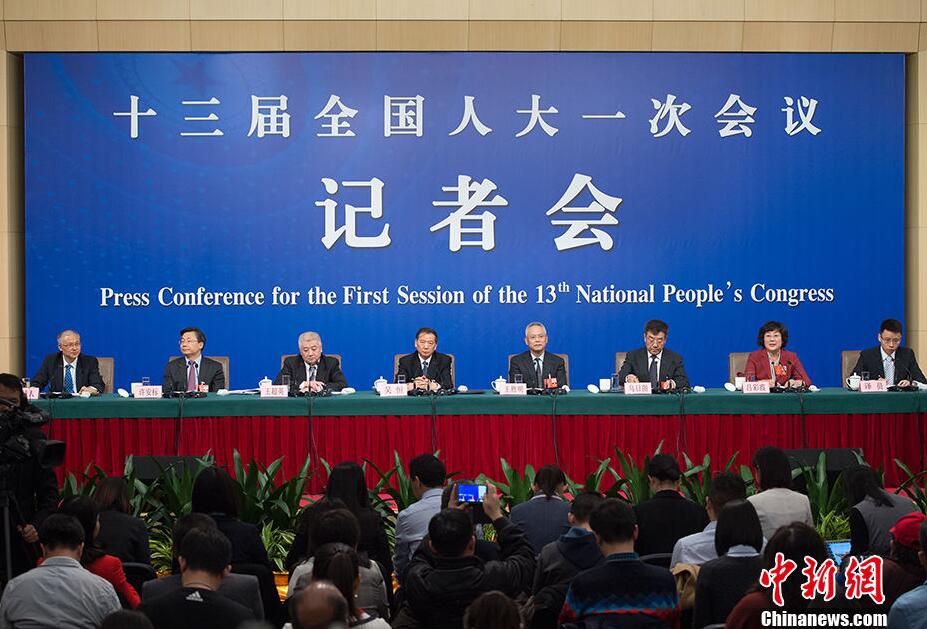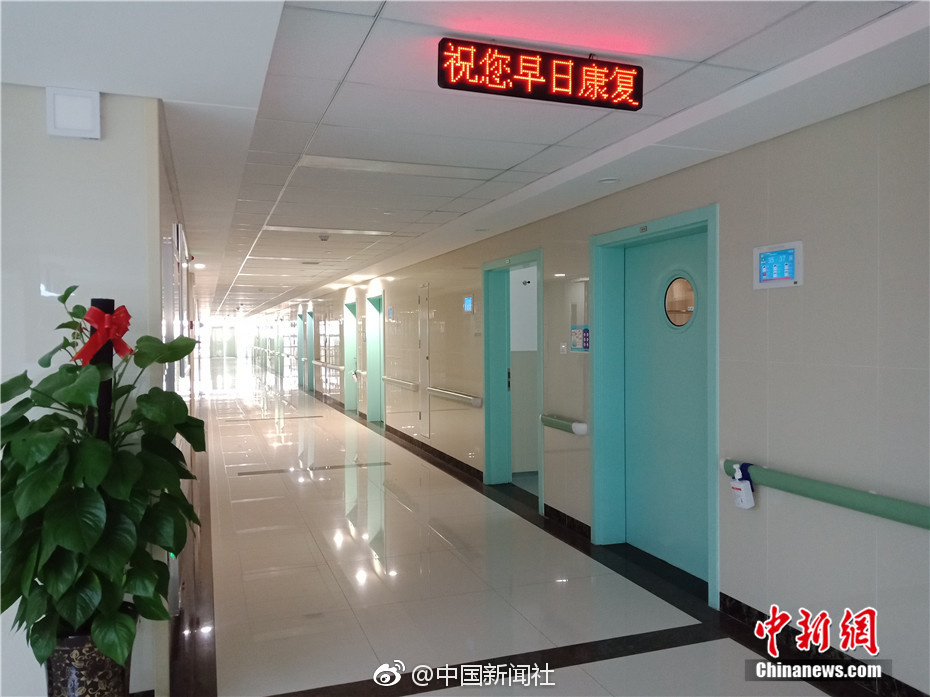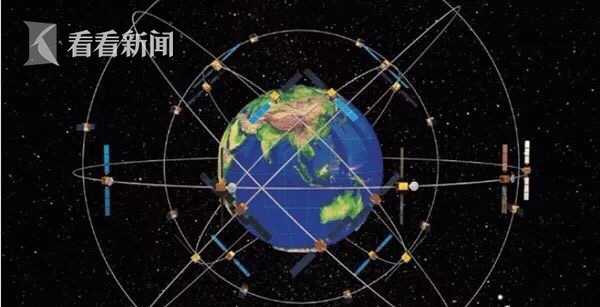
The five functional modules of the operating system are processor management, memory management, device management, file management and operation management. Processor management The most basic function of processor management is to process interrupt events. After configuring the operating system, various events can be processed.
The functions of the computer operating system include: processor management, memory management, device management, file management, job management and other functional modules. Processor management. The most basic function of processor management is to handle interrupt events. The processor can only detect interrupt events and generate interrupts and cannot process them.
Storage management is divided into several functions: storage allocation, storage sharing, storage protection, and storage expansion.Equipment management has the following functions: equipment allocation, equipment transmission control, and equipment independence. File management: file storage space management, directory management, file operation management, file protection.
The operating system should usually include the following five functional modules: (1) Processor management. When multiple programs are running at the same time, solve the problem of processor (cpu) time allocation. ( 2) Operation management. The program to complete an independent task and its required data constitute a task.
The function of the operating system is mainly reflected in the management of computer resources - microprocessors, memory, external devices, files and tasks. The operating system sets this management function into the corresponding program management module, and each management module is responsible for a certain function.That is, the five functions of the operating system.
The operating system has five functions: processor management: mainly controls and manages the work of the CPU. Storage management: mainly carry out memory allocation and management device management: mainly manage basic input and output device file management: responsible for the organization, storage, operation and protection of computer files, etc.

There are the following types of management systems: the management system of the finished product set. This kind of system is a stereotyped management system, which makes a small number of functional adjustments to the software through the parameter settings of the software.
Transaction Processing System (TPS): Operators and supervisors are used to input transactions, events, sort, list, merge updates, output detailed reports, lists and summaries, etc. Management Information System (MIS): Middle managers are used to input general transaction data and simple models to process routine reports.
Adgecal management system Academic management system is one of the most core management systems of the school, which is responsible for arranging and managing the school's teaching activities. It includes curriculum setting, teaching plan, teacher arrangement, examination management and other contents.
VMware vSphere: It is a virtualization management platform that can be used to manage virtual machines, storage and networks, etc. Nagios: It is an open source network monitoring system that can be used to monitor network devices, servers and applications, etc.
Financial subsystem: providing the function of financial management information; Decision support subsystem: make the logistics information system reach a higher level.
ERP management system brand Youyou, Jindie International Software, Wave Software, Dingjie Software, Zhenghang Software. Use friends.
1. System management refers to the information technology system that manages enterprises, and file management is one of the five major functions of the operating system.First, network management refers to the centralized management of resources on the network by network administrators through network management programs.
2. System Management regards organizational components as interrelated and interdependent systems, so it advocates applying the system concept to the management concept.
3. System management refers to the process of maintaining, managing and monitoring computer systems. As an important part of enterprise informatization construction, the importance of computer system management cannot be ignored.
Arena plus APK-APP, download it now, new users will receive a novice gift pack.
The five functional modules of the operating system are processor management, memory management, device management, file management and operation management. Processor management The most basic function of processor management is to process interrupt events. After configuring the operating system, various events can be processed.
The functions of the computer operating system include: processor management, memory management, device management, file management, job management and other functional modules. Processor management. The most basic function of processor management is to handle interrupt events. The processor can only detect interrupt events and generate interrupts and cannot process them.
Storage management is divided into several functions: storage allocation, storage sharing, storage protection, and storage expansion.Equipment management has the following functions: equipment allocation, equipment transmission control, and equipment independence. File management: file storage space management, directory management, file operation management, file protection.
The operating system should usually include the following five functional modules: (1) Processor management. When multiple programs are running at the same time, solve the problem of processor (cpu) time allocation. ( 2) Operation management. The program to complete an independent task and its required data constitute a task.
The function of the operating system is mainly reflected in the management of computer resources - microprocessors, memory, external devices, files and tasks. The operating system sets this management function into the corresponding program management module, and each management module is responsible for a certain function.That is, the five functions of the operating system.
The operating system has five functions: processor management: mainly controls and manages the work of the CPU. Storage management: mainly carry out memory allocation and management device management: mainly manage basic input and output device file management: responsible for the organization, storage, operation and protection of computer files, etc.

There are the following types of management systems: the management system of the finished product set. This kind of system is a stereotyped management system, which makes a small number of functional adjustments to the software through the parameter settings of the software.
Transaction Processing System (TPS): Operators and supervisors are used to input transactions, events, sort, list, merge updates, output detailed reports, lists and summaries, etc. Management Information System (MIS): Middle managers are used to input general transaction data and simple models to process routine reports.
Adgecal management system Academic management system is one of the most core management systems of the school, which is responsible for arranging and managing the school's teaching activities. It includes curriculum setting, teaching plan, teacher arrangement, examination management and other contents.
VMware vSphere: It is a virtualization management platform that can be used to manage virtual machines, storage and networks, etc. Nagios: It is an open source network monitoring system that can be used to monitor network devices, servers and applications, etc.
Financial subsystem: providing the function of financial management information; Decision support subsystem: make the logistics information system reach a higher level.
ERP management system brand Youyou, Jindie International Software, Wave Software, Dingjie Software, Zhenghang Software. Use friends.
1. System management refers to the information technology system that manages enterprises, and file management is one of the five major functions of the operating system.First, network management refers to the centralized management of resources on the network by network administrators through network management programs.
2. System Management regards organizational components as interrelated and interdependent systems, so it advocates applying the system concept to the management concept.
3. System management refers to the process of maintaining, managing and monitoring computer systems. As an important part of enterprise informatization construction, the importance of computer system management cannot be ignored.
bingo plus update today Philippines
author: 2025-02-24 01:26 UEFA Champions League
UEFA Champions League
368.17MB
Check bingo plus update today Philippines
bingo plus update today Philippines
299.39MB
Check Hearthstone arena
Hearthstone arena
943.55MB
Check 100 free bonus casino no deposit GCash
100 free bonus casino no deposit GCash
485.32MB
Check DigiPlus stock
DigiPlus stock
285.73MB
Check Hearthstone Arena win rate
Hearthstone Arena win rate
964.37MB
Check LR stock price Philippines
LR stock price Philippines
153.13MB
Check casino plus free 100
casino plus free 100
131.13MB
Check UEFA Champions League live streaming app
UEFA Champions League live streaming app
394.23MB
Check Europa League app
Europa League app
159.73MB
Check Casino Plus login register
Casino Plus login register
626.47MB
Check Arena Plus login
Arena Plus login
323.54MB
Check Bingo Plus
Bingo Plus
725.24MB
Check Free sports events uefa champions league app android
Free sports events uefa champions league app android
435.42MB
Check Free sports events uefa champions league app android
Free sports events uefa champions league app android
173.44MB
Check Hearthstone Arena Tier List
Hearthstone Arena Tier List
589.18MB
Check Champions League
Champions League
933.75MB
Check UEFA EURO
UEFA EURO
142.44MB
Check LR stock price Philippines
LR stock price Philippines
113.32MB
Check bingo plus update today
bingo plus update today
857.36MB
Check bingo plus update today
bingo plus update today
598.46MB
Check DigiPlus
DigiPlus
438.54MB
Check Casino Plus
Casino Plus
424.52MB
Check UEFA live free
UEFA live free
685.65MB
Check DigiPlus
DigiPlus
284.72MB
Check DigiPlus fair value
DigiPlus fair value
993.42MB
Check DigiPlus Philippine
DigiPlus Philippine
287.88MB
Check bingo plus update today
bingo plus update today
191.62MB
Check PAGCOR online casino free 100
PAGCOR online casino free 100
496.89MB
Check Hearthstone arena class win rates reddit
Hearthstone arena class win rates reddit
297.87MB
Check DigiPlus stock
DigiPlus stock
695.69MB
Check UEFA EURO
UEFA EURO
284.27MB
Check Champions League
Champions League
787.44MB
Check PAGCOR online casino free 100
PAGCOR online casino free 100
937.63MB
Check Bingo Plus
Bingo Plus
248.29MB
Check Hearthstone Arena class tier list 2024
Hearthstone Arena class tier list 2024
232.59MB
Check
Scan to install
Arena plus APK to discover more
Netizen comments More
2970 Arena plus APK
2025-02-24 02:30 recommend
898 Champions League
2025-02-24 02:04 recommend
2939 TNT Sports
2025-02-24 00:58 recommend
366 Europa League app
2025-02-24 00:46 recommend
1179 Casino Plus app
2025-02-24 00:16 recommend